Sale!
Health And Safety Certification
Original price was: ₹15,000.00.₹10,000.00Current price is: ₹10,000.00.
Health and Safety Certification refers to the process by which individuals or organizations receive formal recognition for meeting specific health and safety standards. These certifications are often sought after to demonstrate competence, knowledge, and adherence to best practices in health and safety management.
Here are some common types of Health and Safety Certifications:
1. **Occupational Safety and Health Administration (OSHA) Certifications**: In the United States, OSHA offers various training programs and certifications, such as the OSHA 10-hour and 30-hour general industry or construction courses. These certifications cover basic health and safety principles relevant to the workplace.
2. **NEBOSH (National Examination Board in Occupational Safety and Health)**: NEBOSH offers internationally recognized qualifications in health, safety, and environmental management. Certifications like the NEBOSH International General Certificate (IGC) are widely respected in many industries globally.
3. **IOSH (Institution of Occupational Safety and Health) Certifications**: IOSH offers a range of courses and qualifications designed to raise standards of health and safety in the workplace. The IOSH Managing Safely course is one of the most popular.
4. **First Aid and CPR Certifications**: These certifications are often required for individuals who need to respond to medical emergencies in the workplace. Organizations like the American Red Cross and the American Heart Association offer first aid and CPR training and certification.
5. **Certified Safety Professional (CSP)**: Offered by the Board of Certified Safety Professionals (BCSP), the CSP certification is a globally recognized credential for safety professionals. It requires passing an exam and meeting specific education and experience requirements.
6. **Environmental Management Systems (ISO 14001)**: This certification focuses on environmental management systems and is awarded to organizations that meet the ISO 14001 standards for environmental performance.
7. **Food Safety Certifications**: For those in the food industry, certifications like ServSafe or Safe Quality Food (SQF) certification demonstrate knowledge and adherence to food safety standards.
8. **Construction Safety Certifications**: For those working in construction, certifications like the Construction Health and Safety Technician (CHST) or Certified Safety and Health Official (CSHO) can be beneficial.
When choosing a Health and Safety Certification, it’s essential to consider the specific requirements of your industry or job role. Some certifications may be more relevant or required depending on your field. Additionally, maintaining certification often requires ongoing education and periodic renewal to stay current with industry best practices and standards.
If you’re considering pursuing a Health and Safety Certification, research the available options, understand the requirements, and consider how the certification will benefit your career or organization.

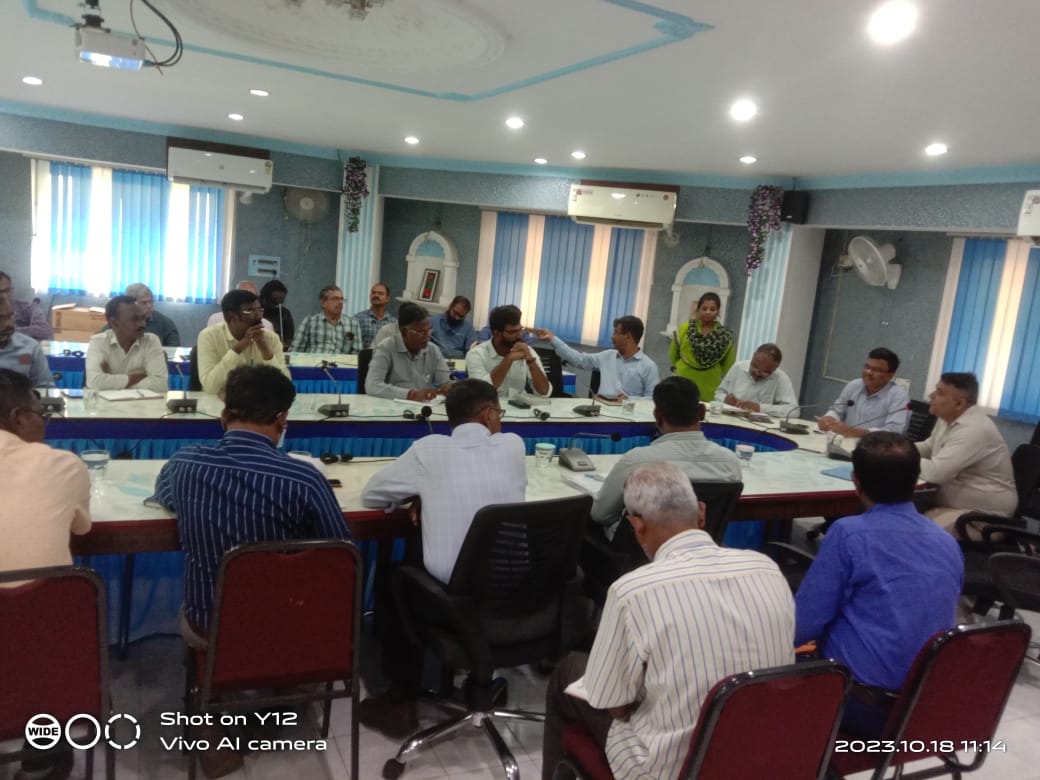

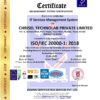


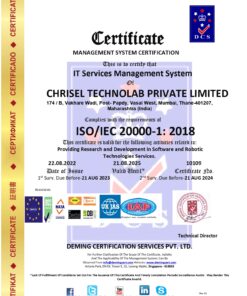

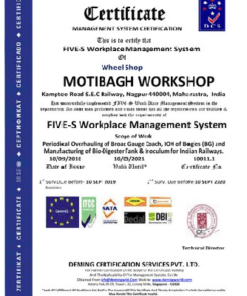

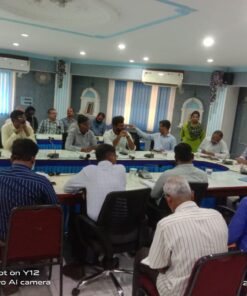

Reviews
There are no reviews yet.